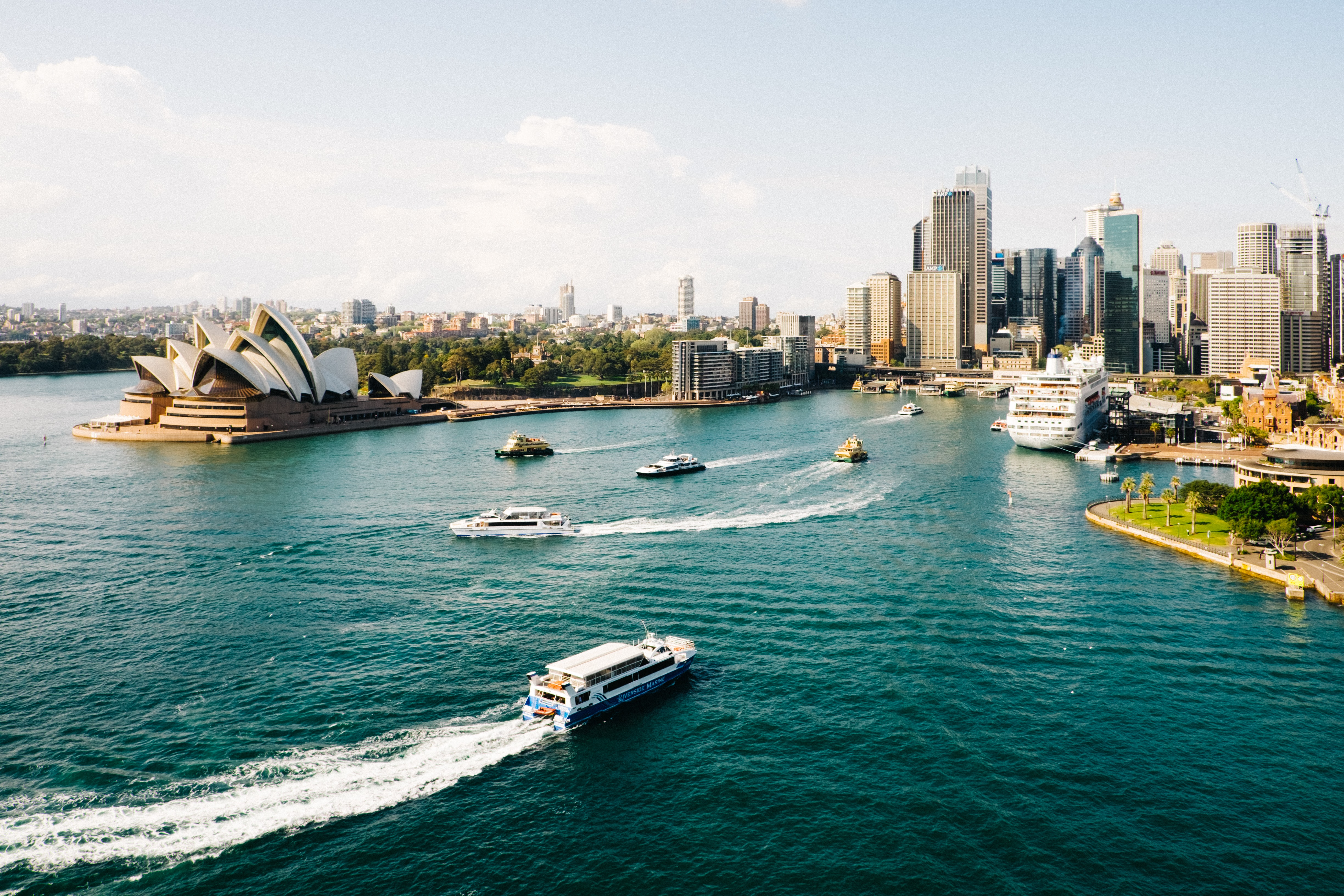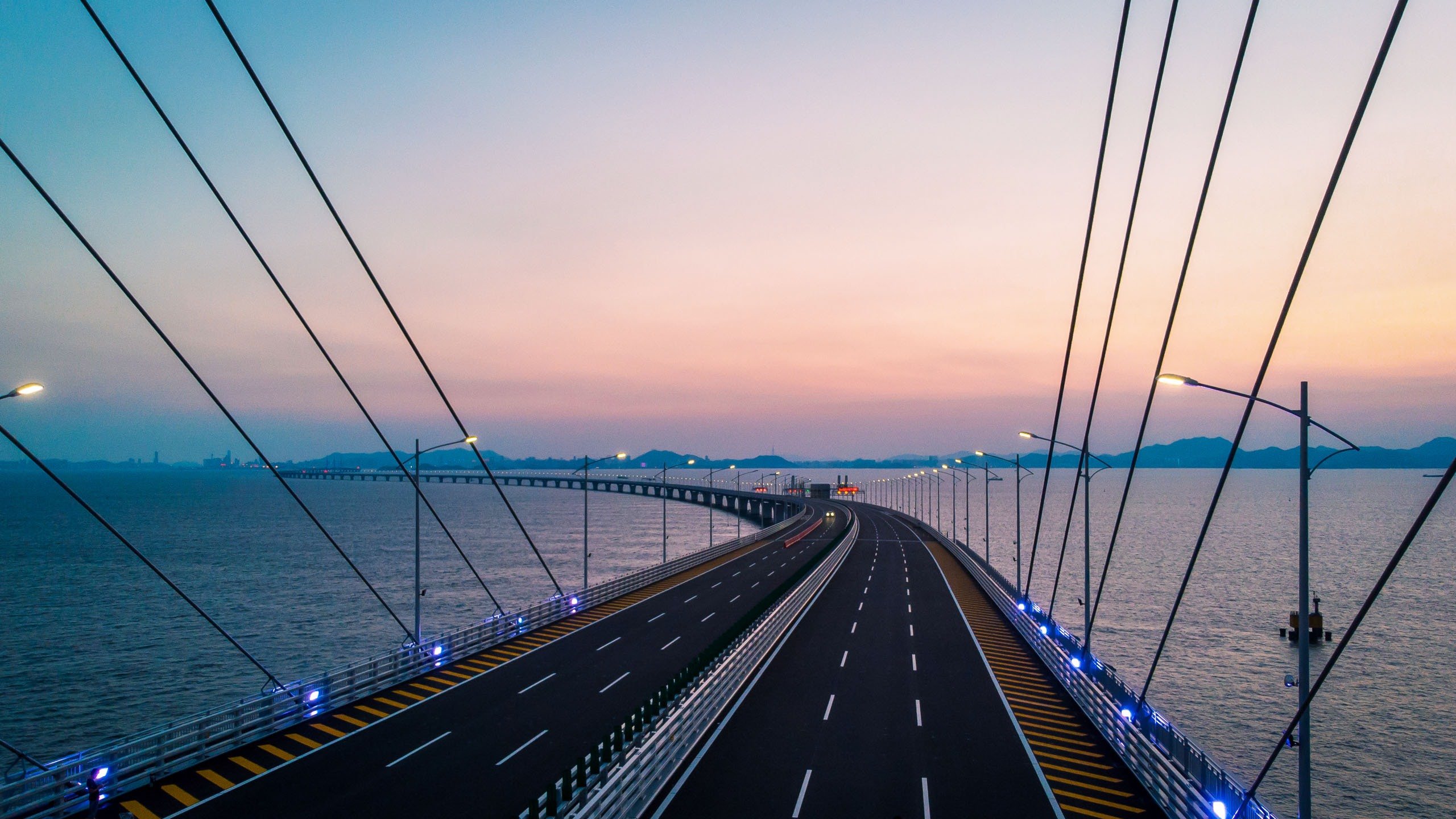
Australia's Biosecurity Amendment (Biofouling Management) Regulations 2021, which come into force on 15 June 2022, will require international ships arriving in Australia to report the following information in the ship's pre-arrival report:
- Details of any inspections of the vessel for biofouling, cleaning of biofouling or treatment for biofouling undertaken before the vessel's arrival in Australian territory;
- Details of any inspections of the vessel for biofouling, cleaning of biofouling or treatment for biofouling intended while the vessel is in Australian territory;
- Practices included in any plan of biofouling management for the vessel that is currently in use;
- Details of the voyage history of the vessel during the past 12 months.
From 15 June 2022 to 15 December 2023 an education first approach will be taken; however, powers under the Biosecurity Act 2015 will continue to be used to manage any unacceptable biosecurity risks associated with biofouling.
Biofouling on a vessel is influenced by a range of factors, such as: design; construction; specific operating profile (including operating speeds); the ratio of time underway compared with time alongside, moored or at anchor; places visited and trading routes. Also of importance is the maintenance history (including the type, age and condition of any anti-fouling coating system), the installation and operation of anti-fouling systems, and drydocking and hull cleaning practices.
For ships arriving in New Zealand and California enacted through the Environmental Protection Agency, there are already mandatory and specific biofouling management requirements in place.
The new policy from Australia (in line with the ones already in place in New Zealand and California) is consistent with the International Maritime Organization's (IMO) 2011 Guidelines MEPC 207 (62), for the Control and Management of Ships' Biofouling to Minimize the Transfer of Invasive Aquatic Species. The aim of the IMO guidelines is to achieve a globally consistent approach to managing biofouling by providing information on general measures to minimize the associated risks for all types of vessels. Currently, the recommendation from the IMO is only a guideline: work is ongoing, and it is likely that these guidelines will take the form of international regulation in the near future.
Members and stakeholders are reminded to be guided by this new requirement.
References and further reading:
Managing biofouling in Australia - DAWE
Biofouling on commercial vessels - Marine Pests





